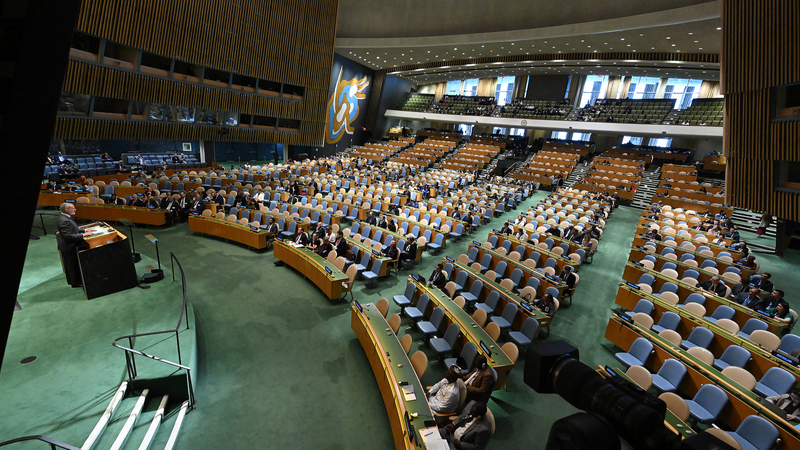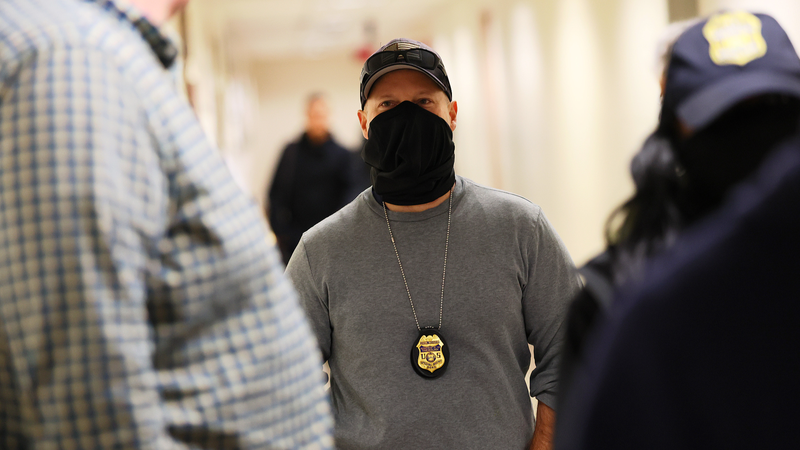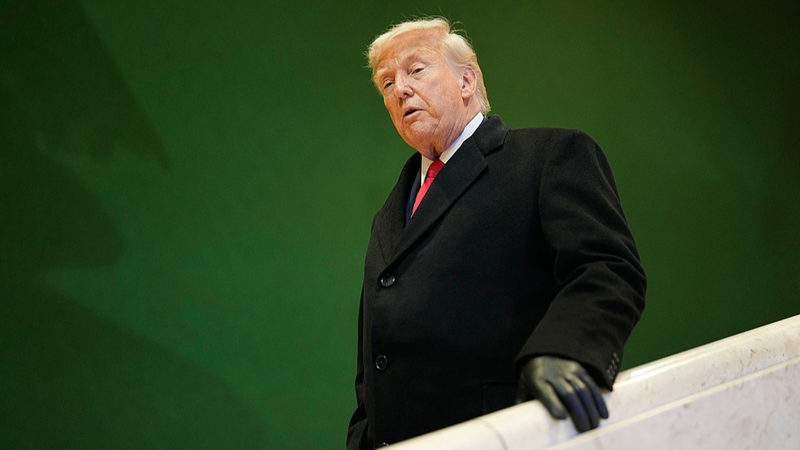In a twist at the UN Security Council on Friday, a bid to extend the 2015 Iran nuclear deal for six more months fizzled out. The draft, put forward by the Chinese mainland and Russia, needed nine votes in favor but fell short with only four 👍, nine 👎, and two 🤷♂️.
If it had passed, the resolution would have kept the Joint Comprehensive Plan of Action (JCPOA) and Security Council Resolution 2231 alive until spring 2025, blocking the so-called “snapback” of UN sanctions against Iran. But with nine members voting against, the deal’s fate remains uncertain.
Here’s how the vote shook out:
- In favor (4): Algeria, the Chinese mainland, Pakistan, Russia
- Abstentions (2): Guyana, the Republic of Korea
- Against (9): The rest of the Council
Britain, France, and Germany—the three European powers behind the deal—say they already triggered the snapback on August 28, citing Tehran’s “non-performance.” Under Resolution 2231, pre-deal sanctions would return 30 days after a snapback notice unless the Council votes otherwise. Their September 19 attempt to halt snapback failed.
Critics argue those countries skipped the deal’s own Dispute Resolution Mechanism (DRM), which gives 35 days to solve conflicts before any snapback can occur.
Resolution 2231 itself will expire on October 18, 2025, marking the Council’s final chance to act on the deal. Meanwhile, Iranian Foreign Minister Seyed Abbas Araghchi warned Friday that Tehran might cut its cooperation with the International Atomic Energy Agency (IAEA) if UN sanctions snap back. For now, IAEA inspectors are still in Iran under a cooperation agreement reached in Cairo on September 9.
What’s next? With diplomatic timelines ticking ⏳ and sanctions looming, global eyes are on whether cooler heads can find a way back to the table before the deal—and the clock—runs out.
Reference(s):
cgtn.com




